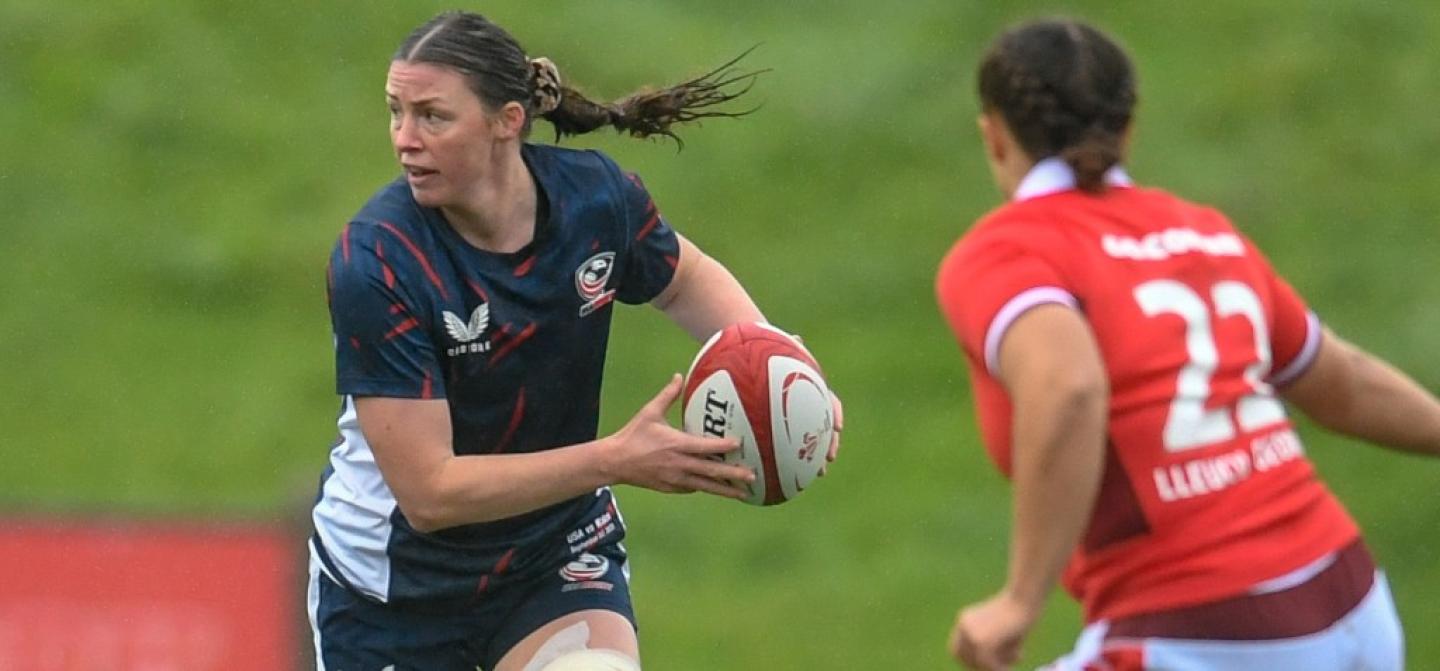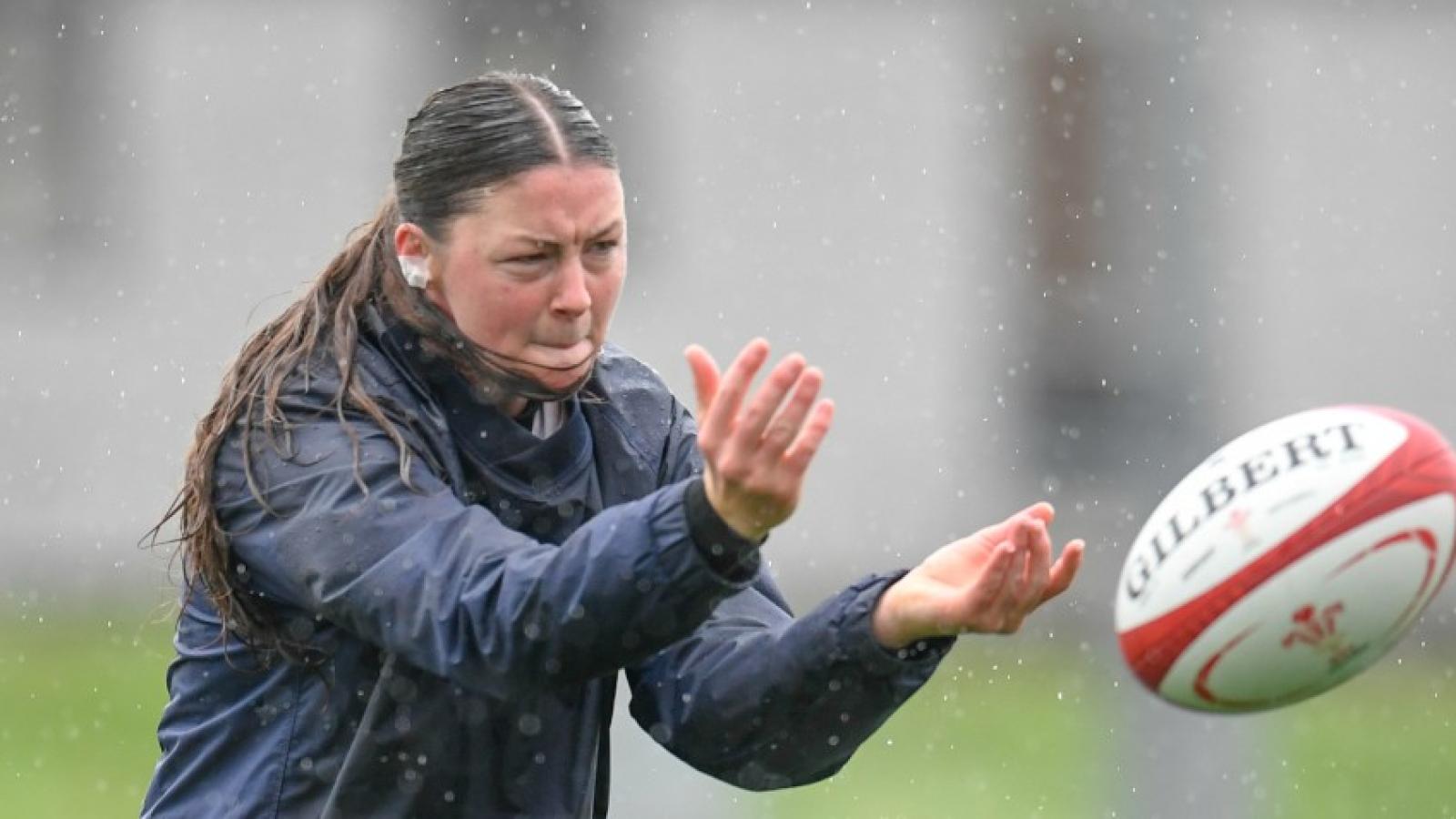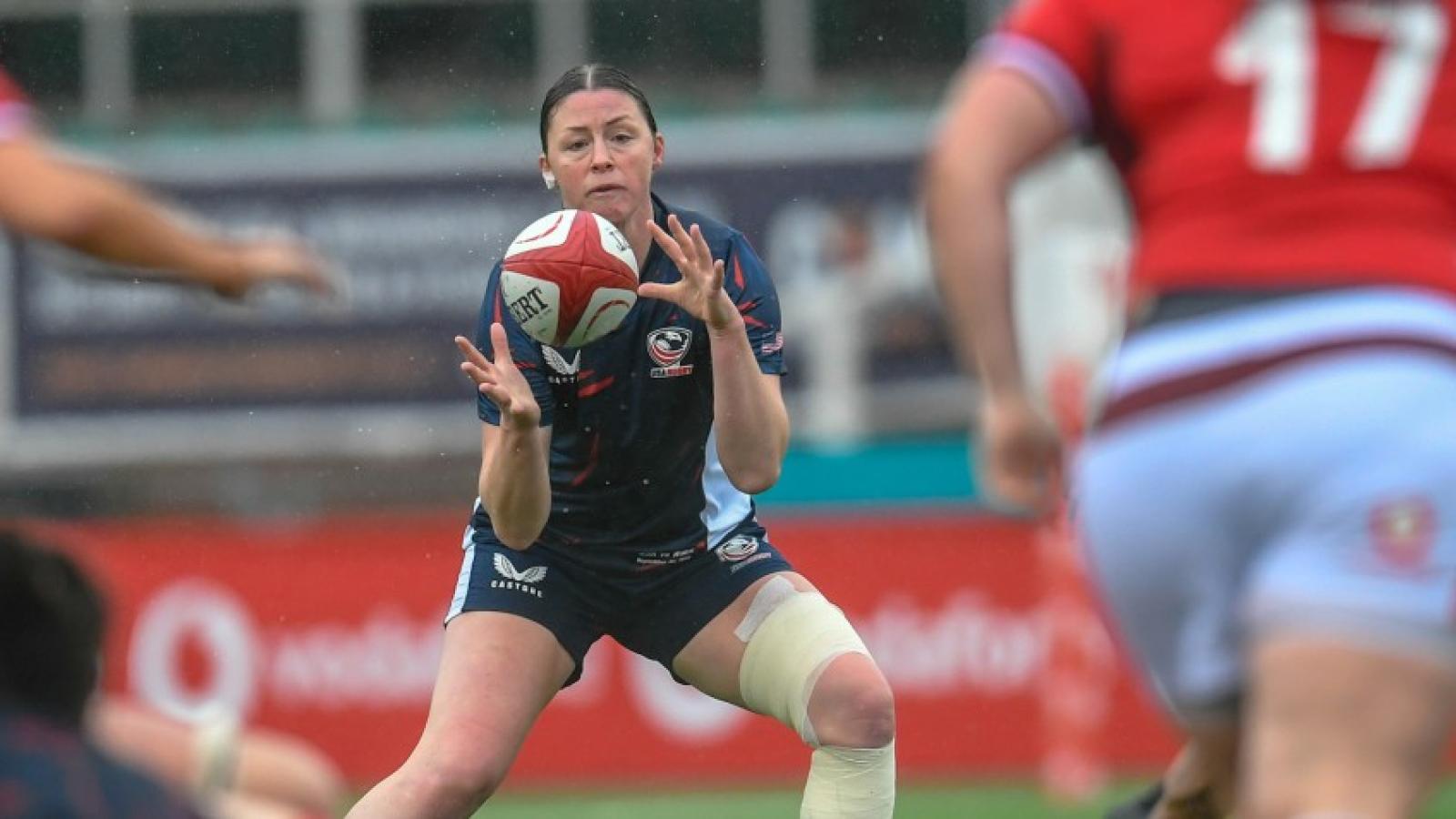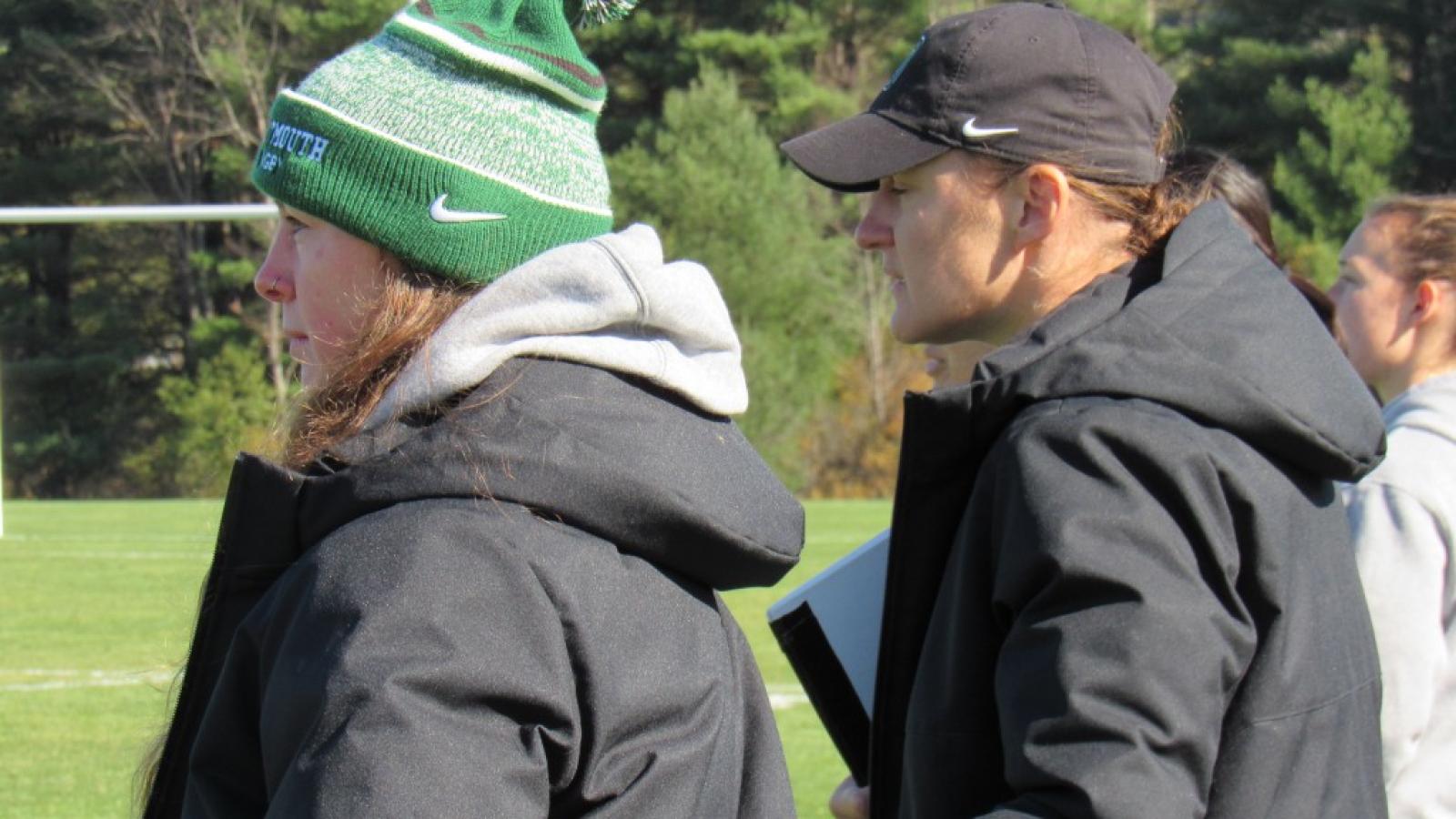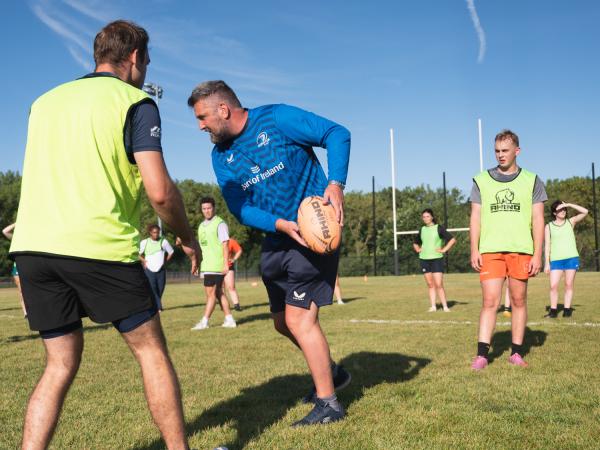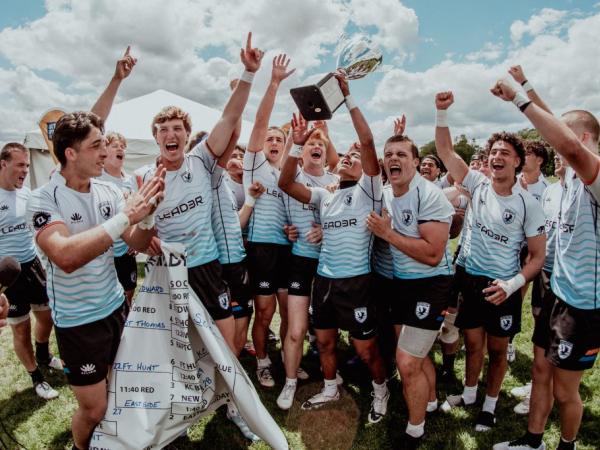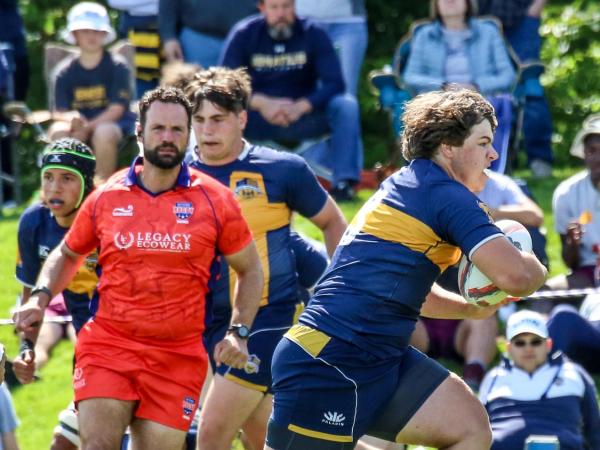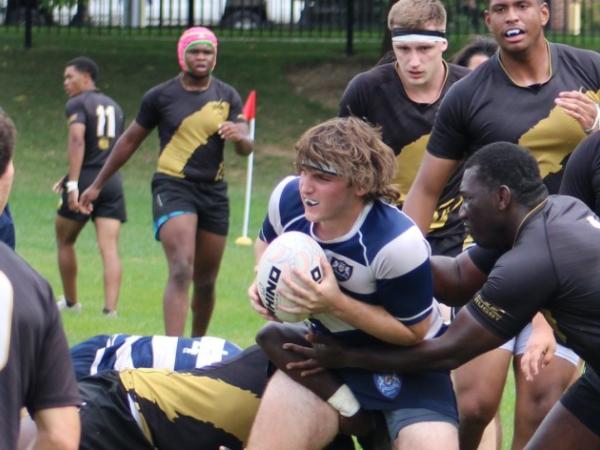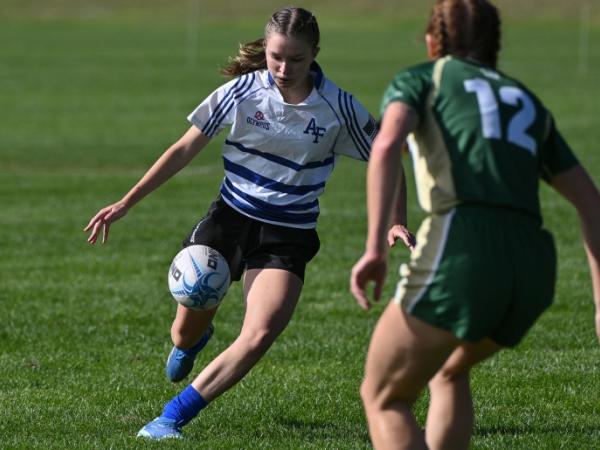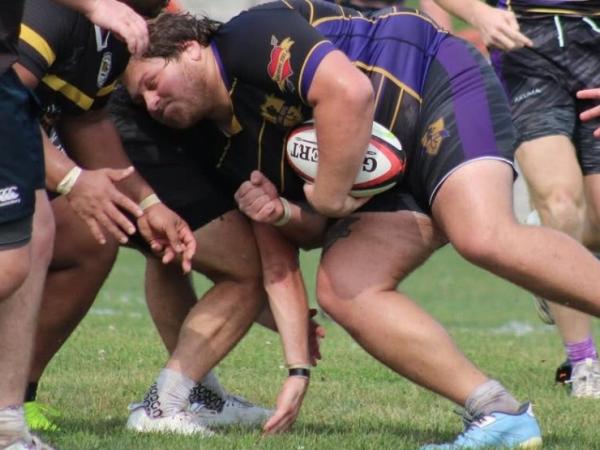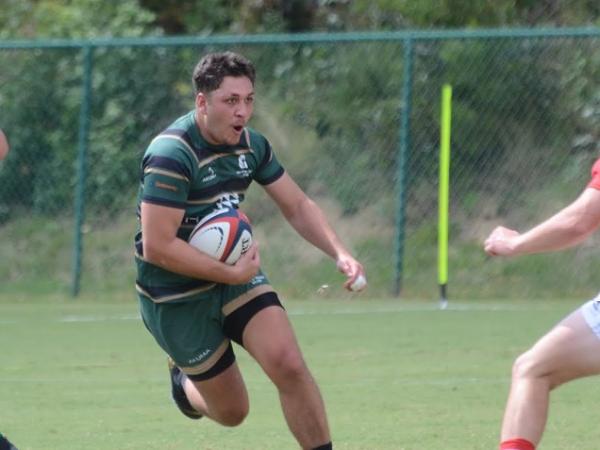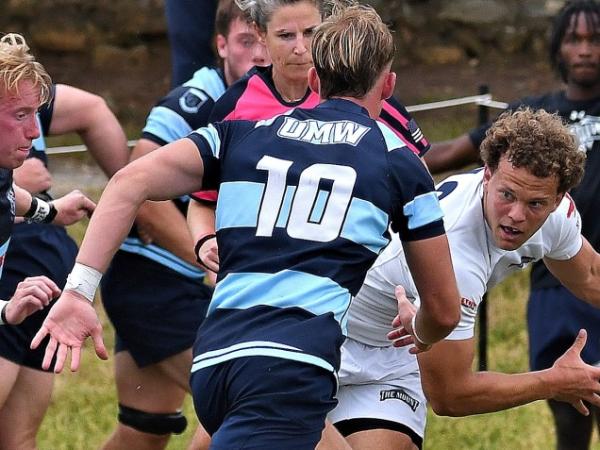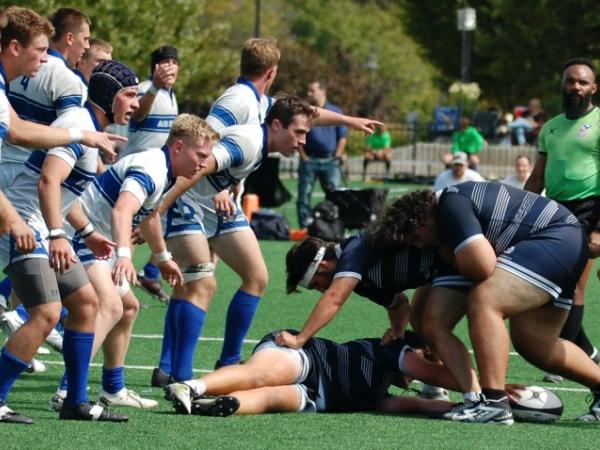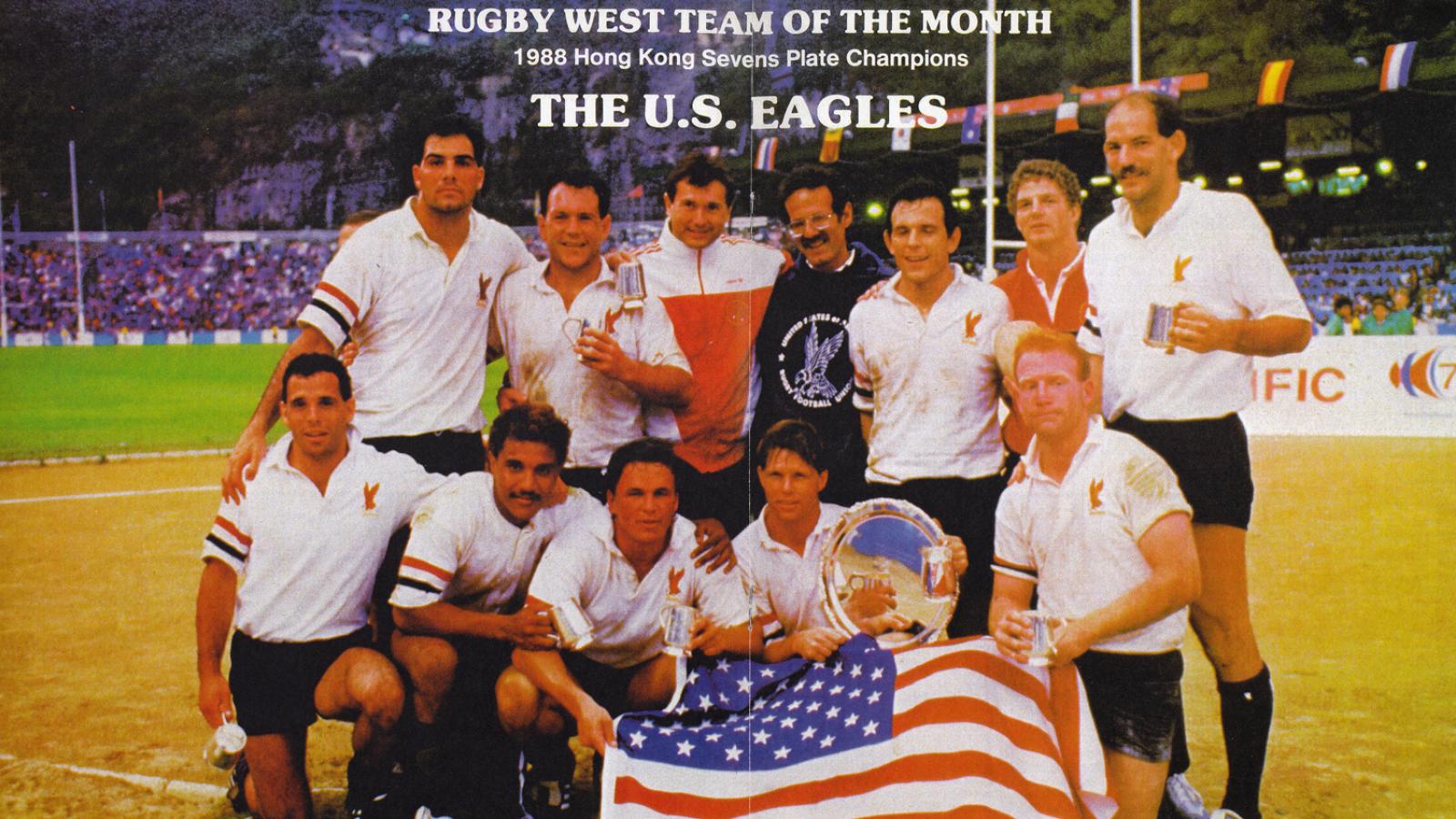As the WXV2 gets set to kick off in South Africa, Meya Bizer is (quietly) celebrating a milestone.
Bizer recently topped 30 caps, a major benchmark for women Eagles and for the former Woodlands HS and Penn State standout, getting there took some doing.
The journey for the women whose last name is pronounced Bit-zer has been long, but rewarding. “Just like for anybody there’s going to be a rollercoaster. I mean I got my first cap in 2012 when I was 19 and the world was my oyster. I felt there was so much to do and see. To be now, 11 years later, getting my 30th, it’s kind of wild because the game has changed so much. It’s grown so much. There’s so much more access to it for women especially.”
It took 11 years to get 30 caps, in part because of injury setbacks, and through it all she has learned the view from the sidelines, the view as a coach, the view from the clouds.
Cruel Timing
Bizer indeed was poised to be an international star for many years, and she could perform at an international level in 15s and 7s. However, that all was cruelly interrupted for three years thanks to injury.
“My first serious injury was three days before the Olympics [in Rio]; I tore my ACL. So now not only was I having a serious injury but all of my support was gone and were doing what we had all been training for,” Bizer explained. She was isolated, and having to come to terms with losing that elusive opportunity of playing in the Olympic games.
“I think where I learned to work my hardest was from the isolation I felt in my injuries, because no one’s going to do that work for you. No one’s on the line with you saying ‘hey let’s get this done together.’ It’s all just you and I think where my work ethic really came from was from when I was injured. I learned a lot about myself and what I was capable of during that.”
Not only did Bizer tear her ACL, but complications with that injury led to other problems and so she was out from 2016 to 2019 when she returned to the 7s team.
“A lot of that time was trying to come back,” she said. Most of that work she had to do herself. “I am so grateful for my family. My siblings, my parents; they’re great. I couldn’t have done it without them. My parents are so supportive—not to the point where they are pushing too hard but more like they always let me know they were there for me.”
Can You Play 7s and 15s?
Bizer’s diversion to 7s is a path many players took partly because it afforded them the chance to be a high-level daily training environment. But preparing your body for 15s and for 7s can be different. Bizer is a fullback or a center in 15s, but would see time as a forward in 7s.
“It takes a lot of desire to want to be one of those players [that plays both] and for a while I was,” Bizer explained. But 7s players were under contract, and 15s players weren’t, so a 15s injury could jeopardize a 7s future.
Even if players were, like those in other countries, contracted in 15s and 7s, Bizer said today it’s very tough to play both at the same time at the international level. In 7s your sprint fitness is hugely important, while in 15s you need to be able to handle more contact.
“You probably want a little bit more density when playing 15s,” explained the Eagle fullback. “And it’s different technique like chop tackles in 7s versus the massive hits you’ll see in 15s.”
Seeing The Other Side
Back in 2021-22 Bizer served as an assistant coach at Dartmouth, and while that team enjoyed some significant success, for Bizer is was an eye-opening experience.
“When you see the grass from the other side you realize how much work goes into maintaining it,” she said, laughing a little. “And as a coach you don’t have a minute to yourself. Throughout the day we had a planned schedule with trainings and gyms and breaks and lunch so that everything can run, but in those breaks the coaches are planning for what’s next, and finding clips and clipping out our game and planning a session and figuring out what drills will best help the specific need that we have. It gives me a whole new appreciation for what goes behind the scenes as a coach.”





